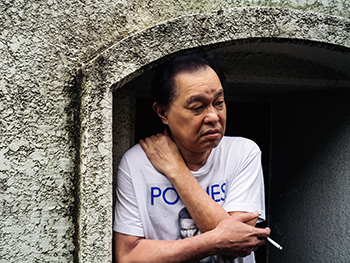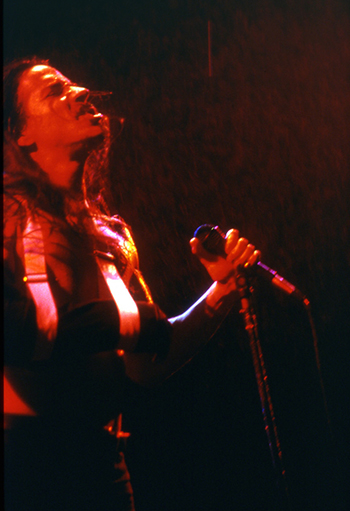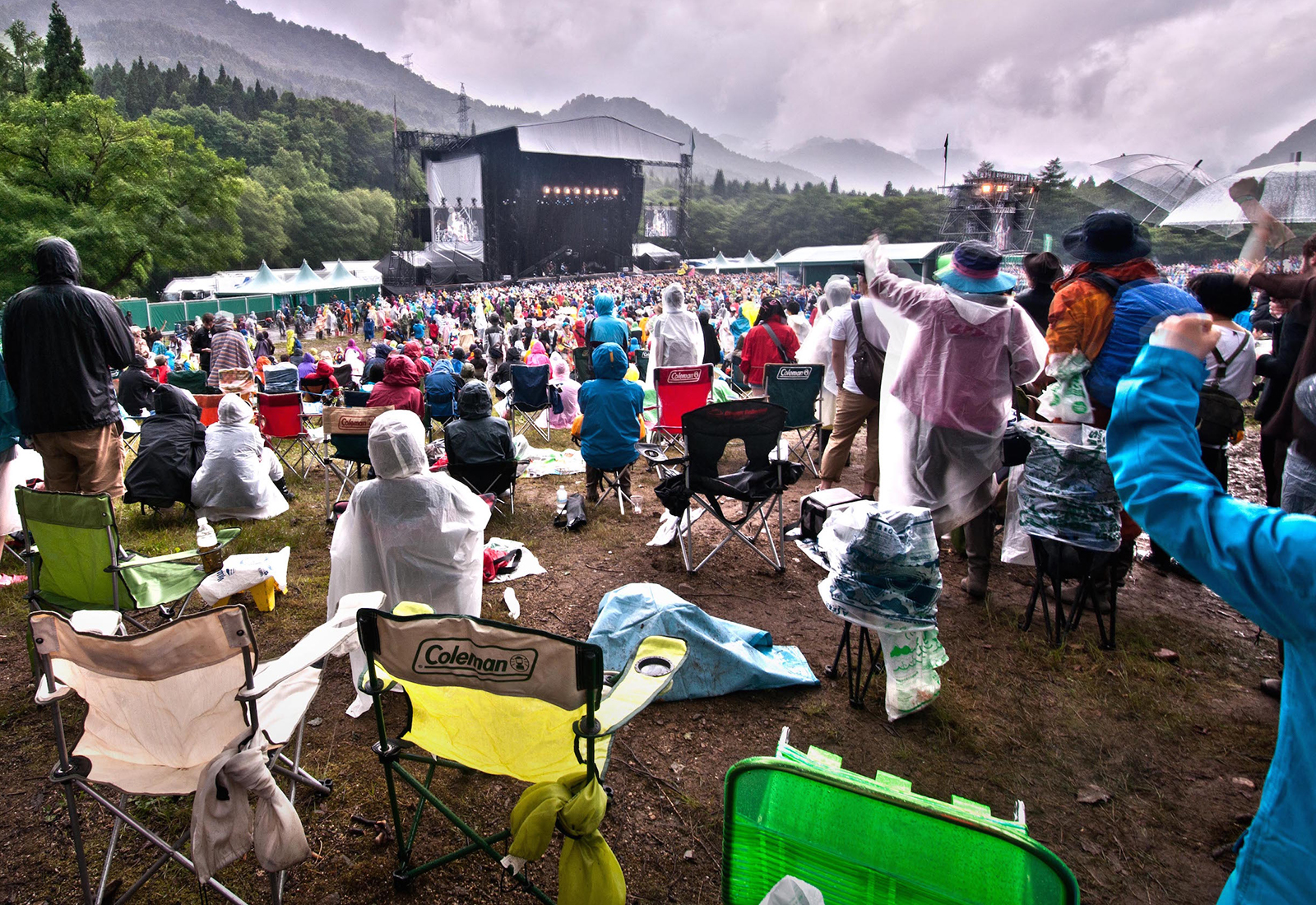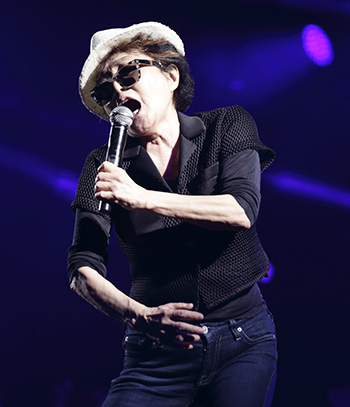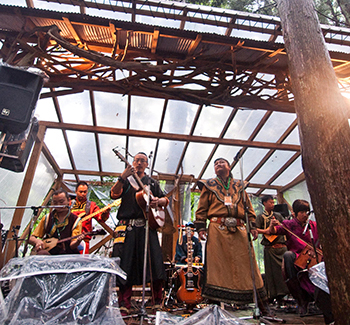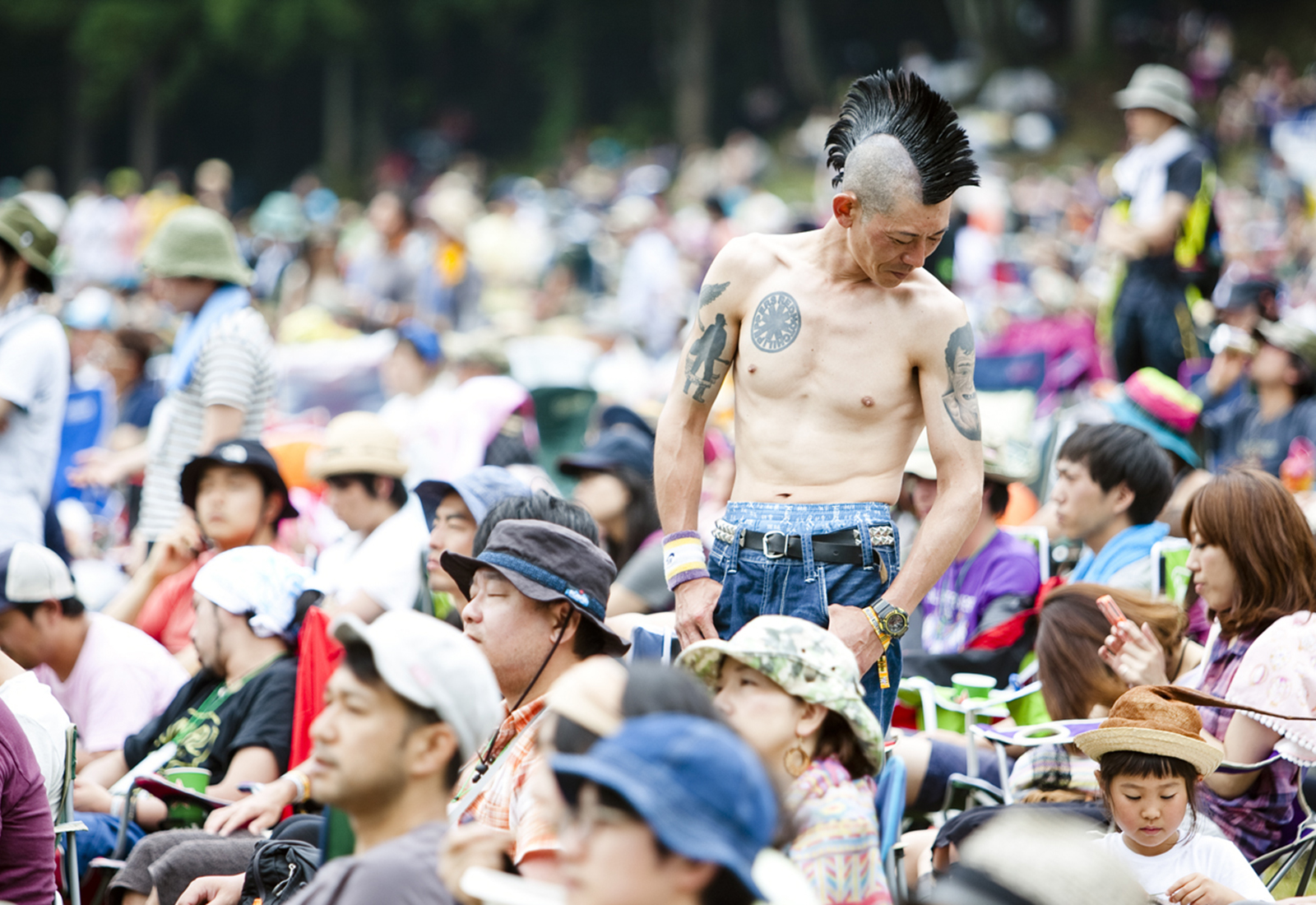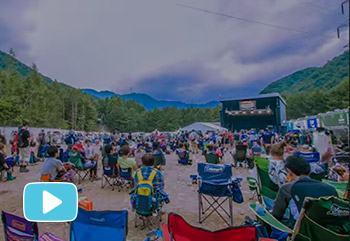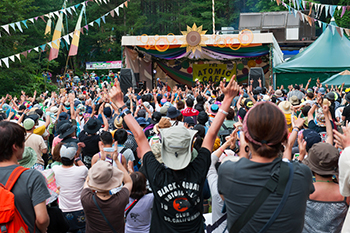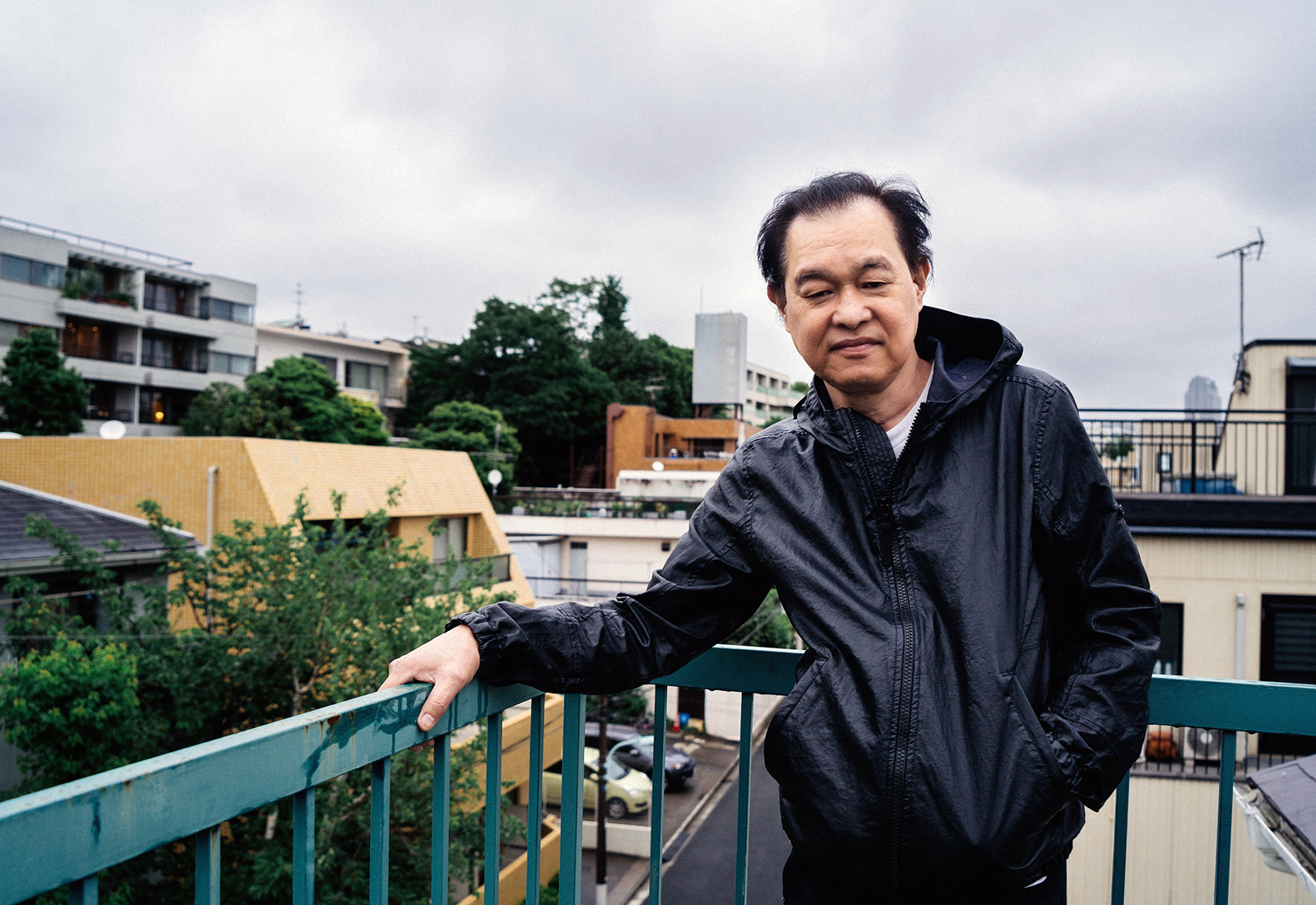Who doesn’t love an anniversary? For couples it’s about rekindling moments of first love, for many nations it’s about marking a significant moment in history. Anniversaries are, for the most part, true celebrations.
“I hate anniversaries,” says Masahiro Hidaka, the president of Smash Japan and founder of the Fuji Rock Festival, which is marking its 20th anniversary this year. “I hate those kinds of things, so I didn’t want that on any of the banners. Everyone on the team was saying, ‘20 years! 20 years!’ But I didn’t care for any of that. It was only after a month or so of their insistence that I broke and said, ‘Fine, let’s do the whole 20th anniversary thing then.’?”
And so it was decided that Japan’s premier music festival would officially celebrate its 20th birthday. There’s good reason to: Through the years Fuji Rock has hosted everyone from Oasis to Bjork to Eminem. This year’s lineup — a nod to the very first roster — features acts who were at the inaugural bash.
“We wanted to have acts that played at the first Fuji Rock (in 1997) perform this year, which is why we asked for the (Red Hot) Chili Peppers,” Hidaka says. “When I first heard them over two decades ago, I thought that this was the music of the future — this was the pinnacle of the rock world. I’m good friends with all of the members. And Beck will be back, too.”
Since Fuji Rock began other big festivals have sprung up across the country and that means more competition when it comes to snagging acts. Hidaka mentions that an even bigger issue is the vast number of bookings that the organizers toil over in the runup to each installment (223 acts are set to perform this year). Still, with the amount of choice, Hidaka realizes he can’t fully please every fan.
“You can’t make everyone happy — and I don’t want to regret any money-driven choices — so we choose the lineup based on what we think is good,” he says. “You can call it ‘ego’ if you want.”
It may have been his self-confidence that led Hidaka to curate a FRF 20th Special, which will happen Saturday night after Beck’s headlining set on the Green Stage, the biggest stage at the festival with a capacity of 40,000.
“Many people in Japan don’t know the music from the swing and jazz era, so I wanted to hold a big, West-meets-East swing session led by Glenn Miller,” he says excitedly. Hidaka chose all of the songs for the set, as well as those for Friday’s Route 17 Rock ’n’ Roll Orchestra set. “Saturday will end off with Miller’s ‘Moonlight Serenade.’ I spend my evenings drinking and thinking about these things.”
